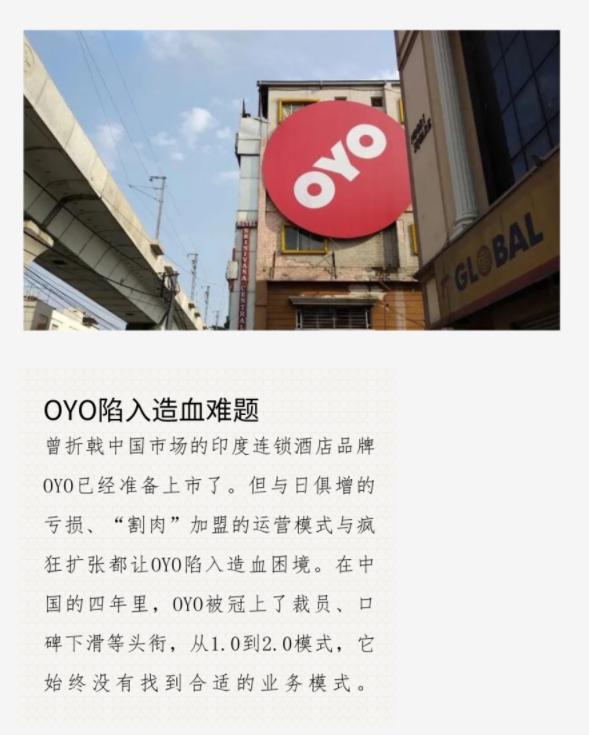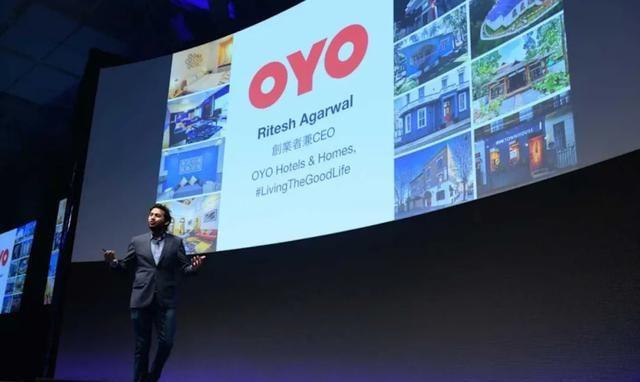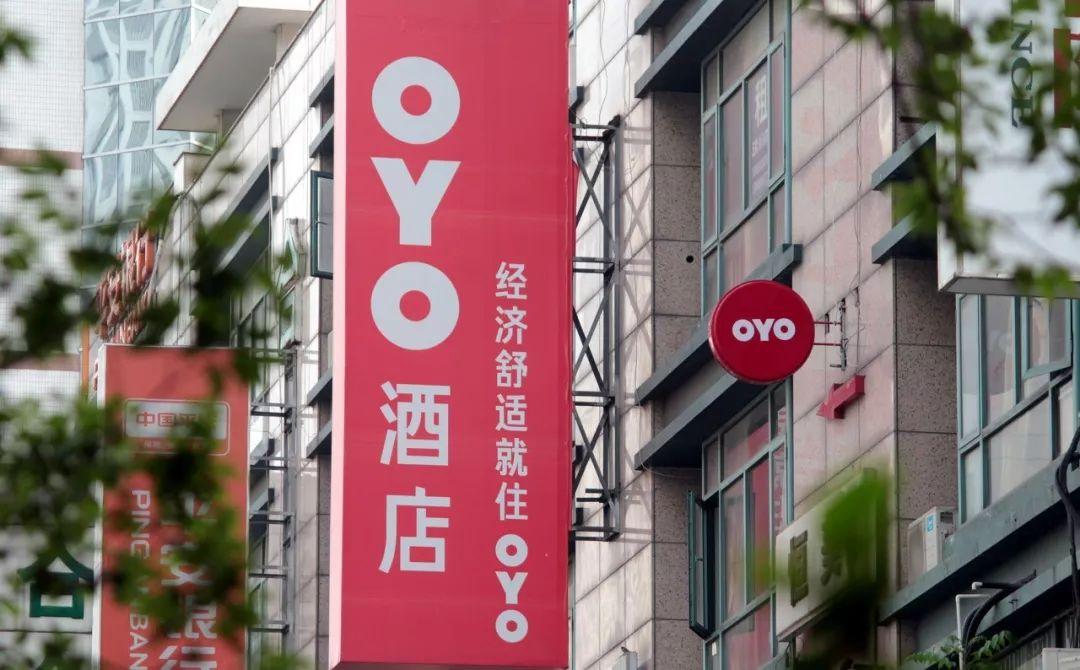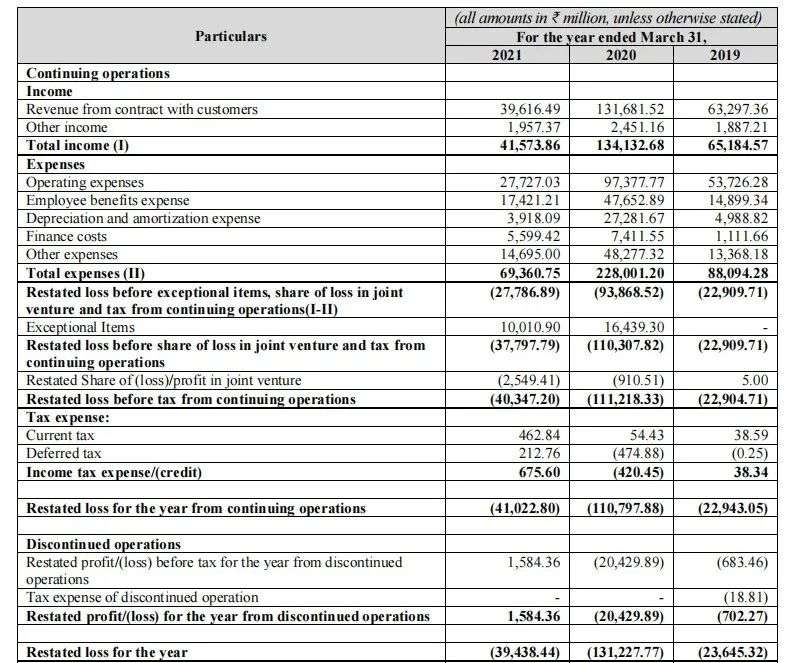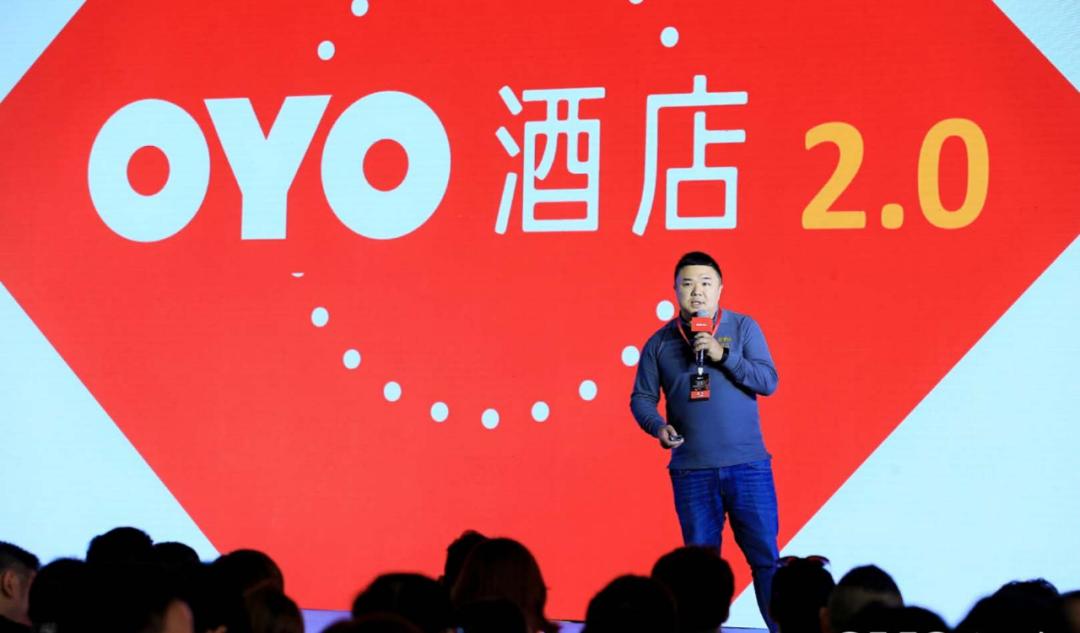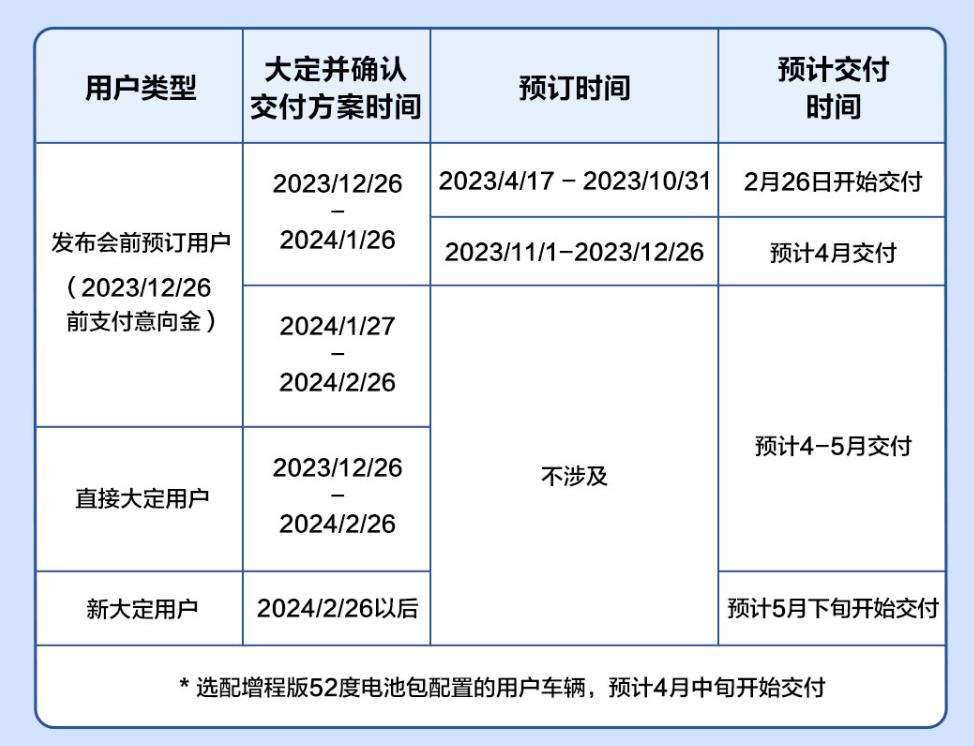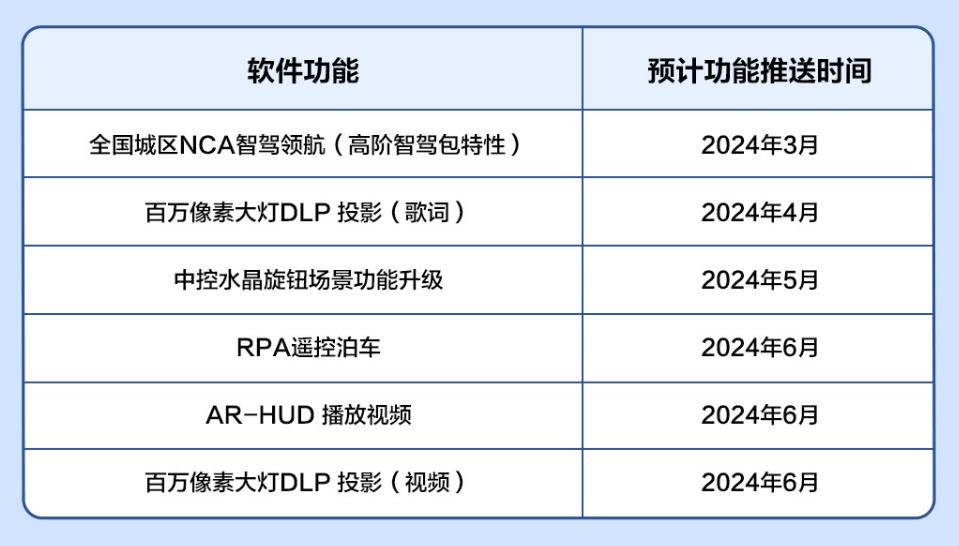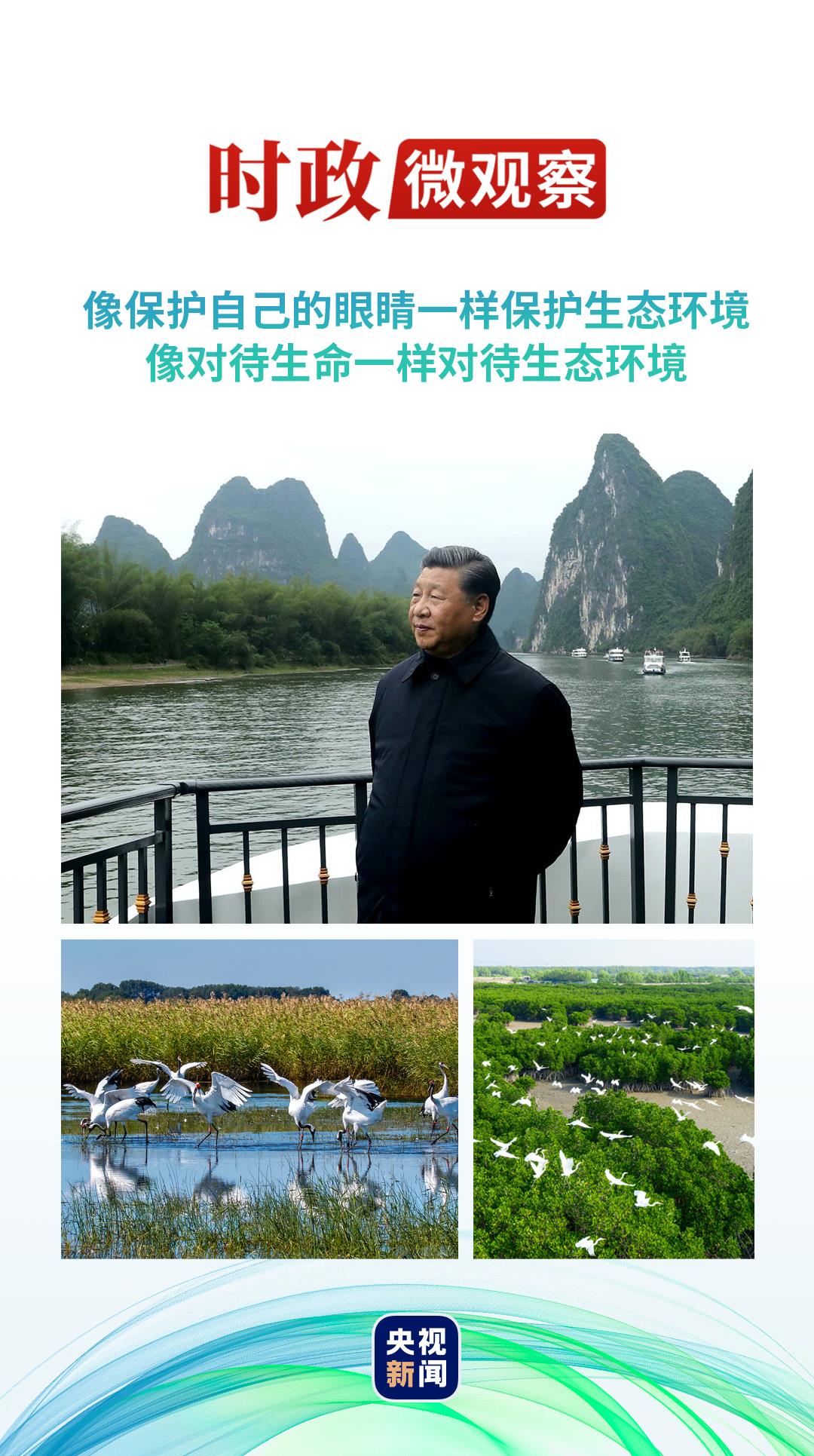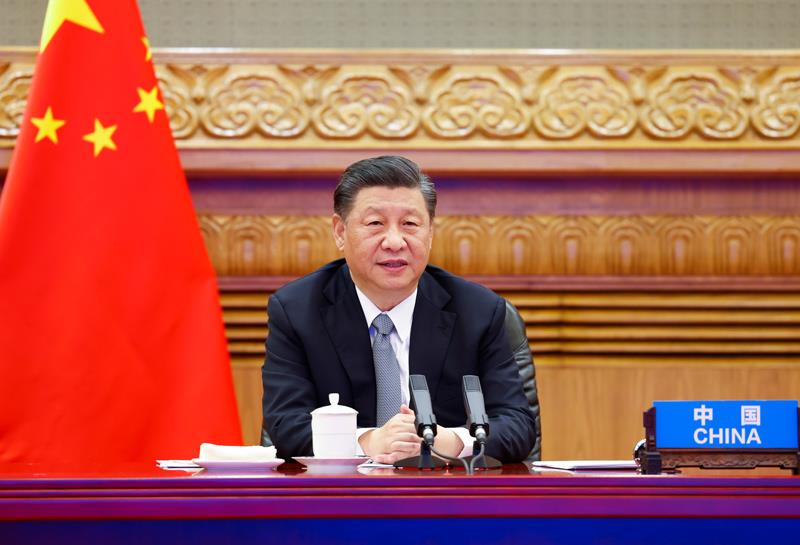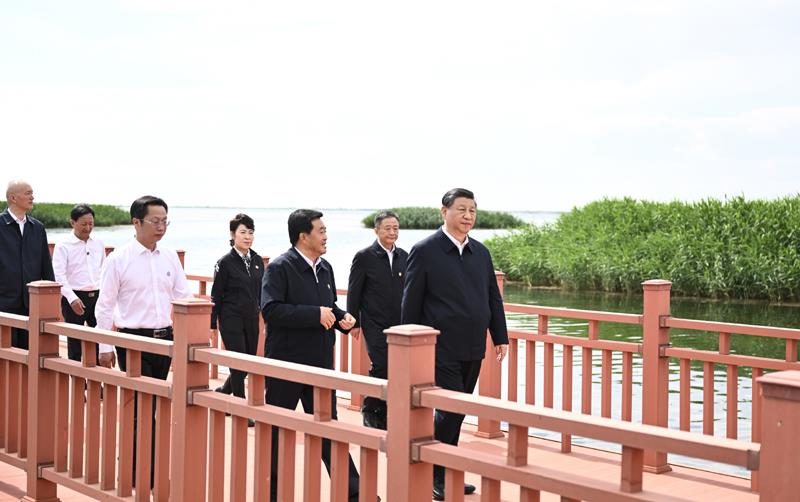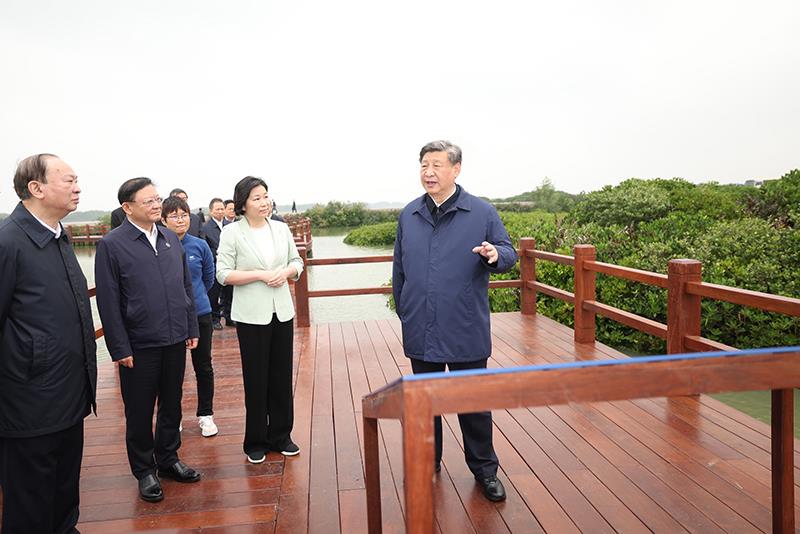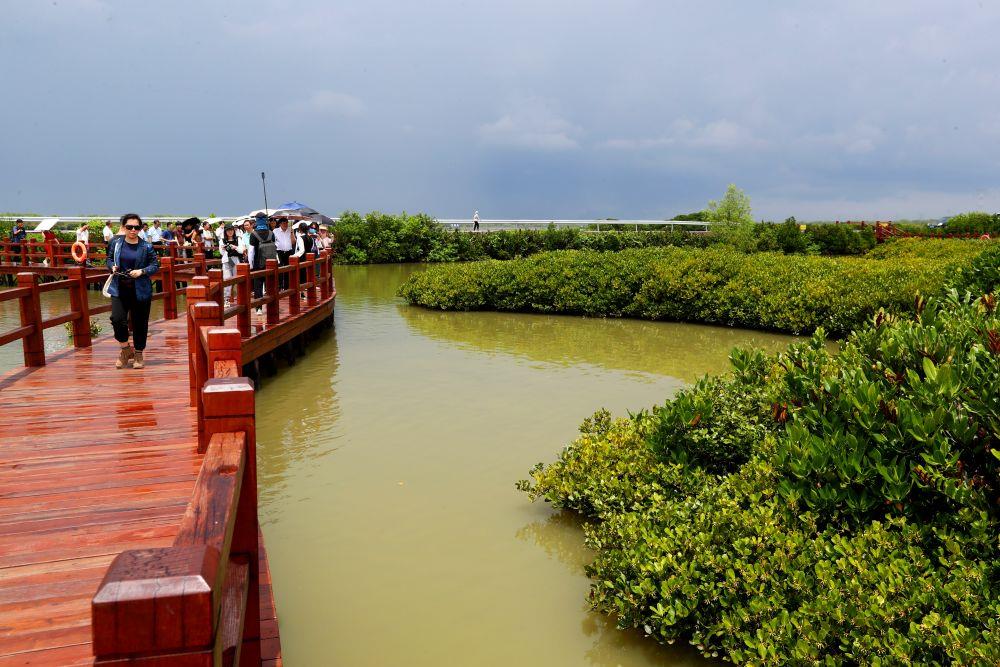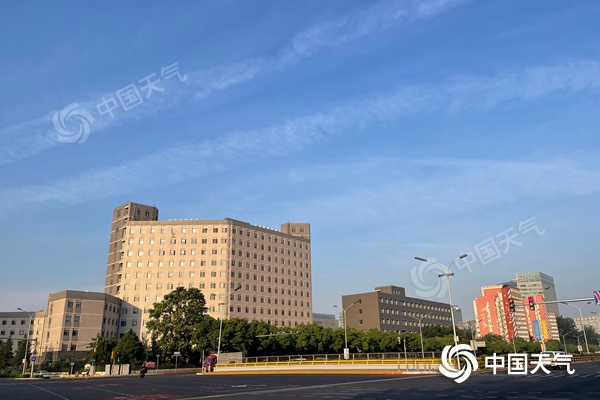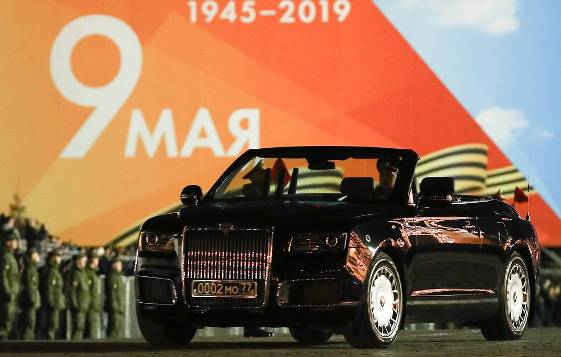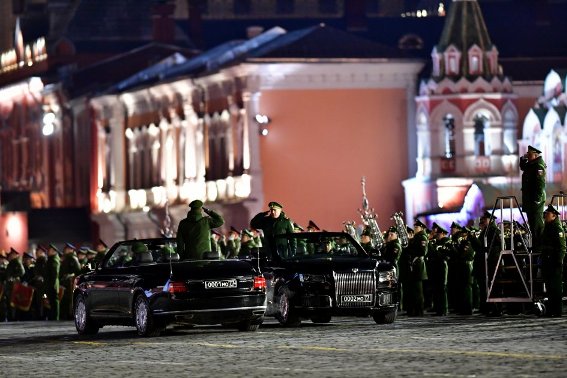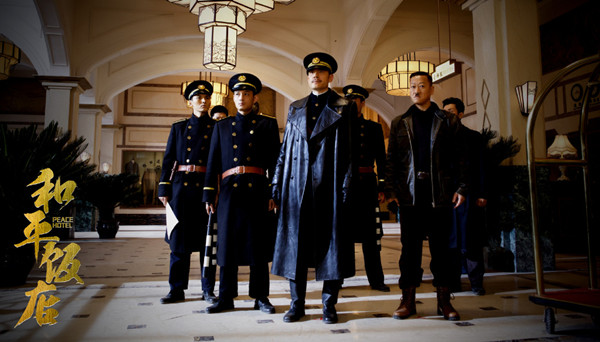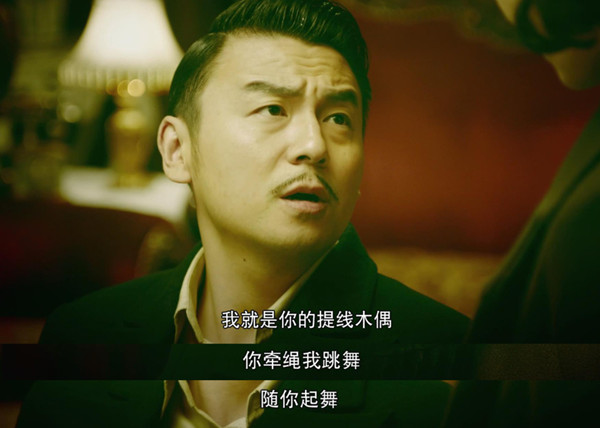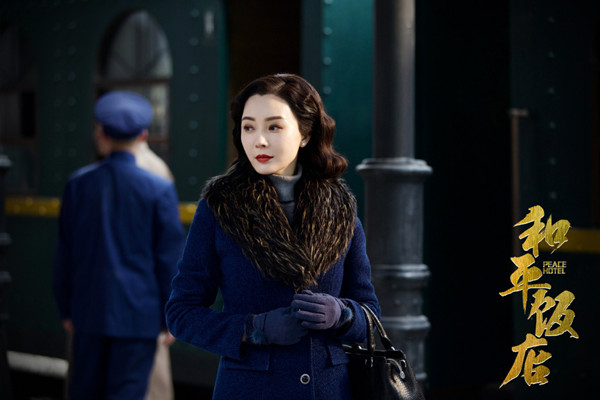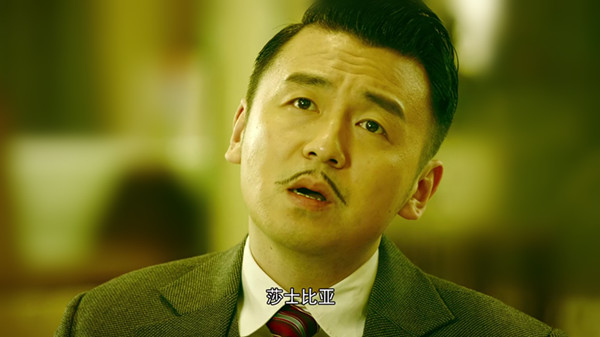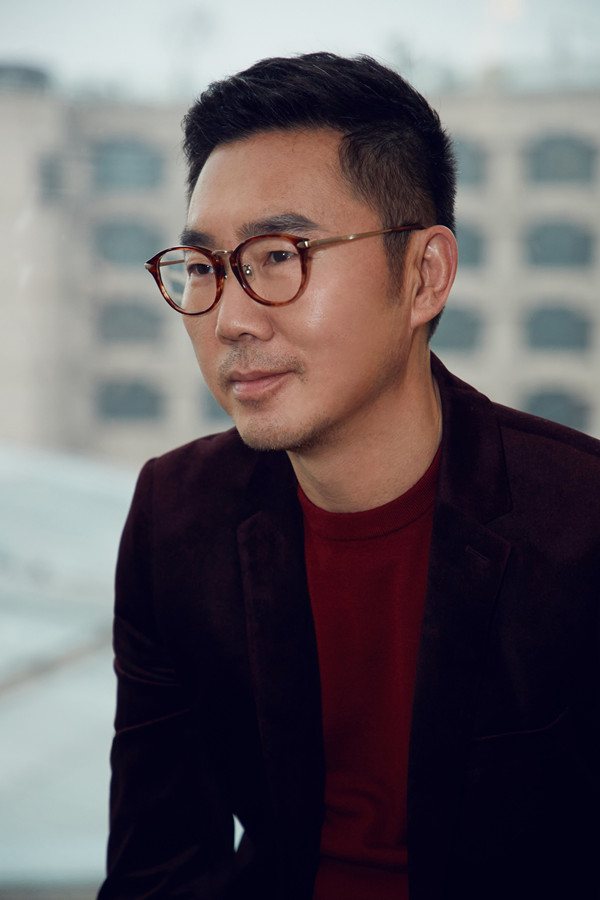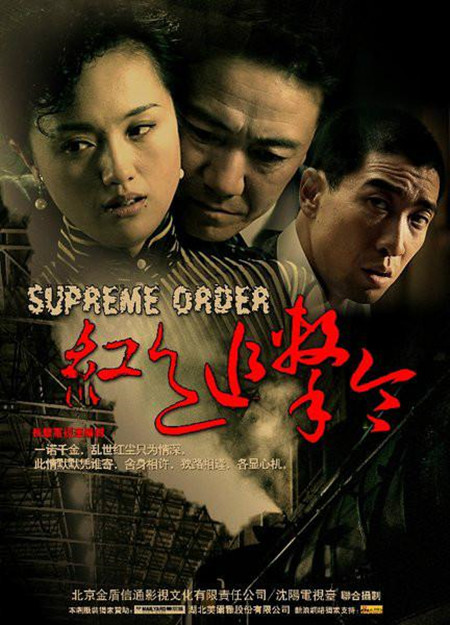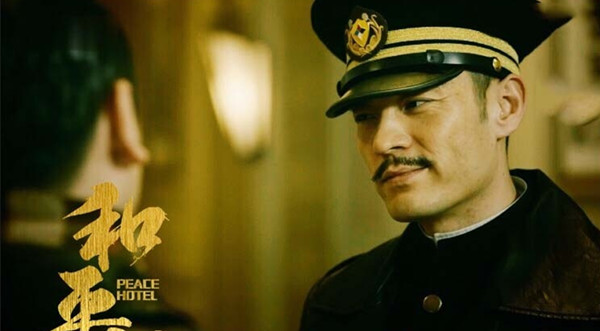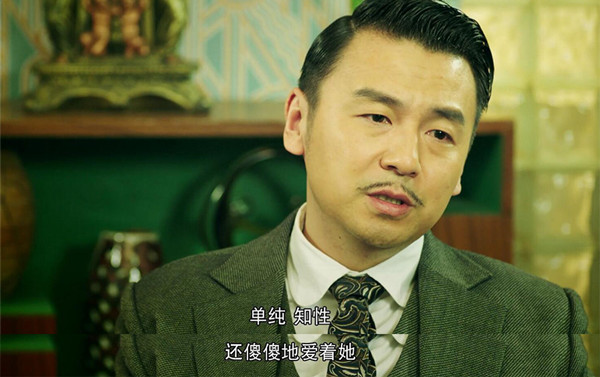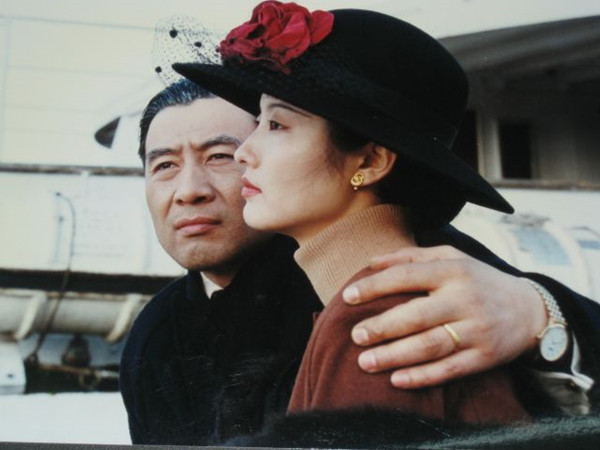Brief introduction of Comrade Wang Weizhong
Wang Weizhong, male, Han nationality, born in March 1962, was born in Shuozhou, Shanxi Province. He joined the work in April 1987 and joined the Communist Party of China (CPC) in October 1983. He graduated from Tsinghua University, majoring in management science and engineering. He holds a postgraduate degree and a doctorate in management, and is a researcher. He is currently deputy secretary of Guangdong Provincial Party Committee and secretary of Shenzhen Municipal Party Committee.
From September 1979 to September 1984, he studied water resources engineering in Tsinghua University Water Conservancy Engineering Department.
From September 1984 to April 1987, he was a graduate student majoring in engineering hydrology and water resources in the Institute of Water Resources, Research Institute of Water Resources and Hydropower Research, Ministry of Water Resources and Electric Power.
From April 1987 to July 1988, he was a cadre of the Water Resources Office of the Ministry of Water Resources and Electric Power;
From July 1988 to August 1991, he was a cadre and chief clerk of the Planning Department of the Water Resources Department of the Ministry of Water Resources (during the period: from January 1990 to August 1991, he was seconded to the Social Development Science and Technology Department of the State Science and Technology Commission);
From August 1991 to May 1992, he was the chief member of the Resources and Environment Department of the Social Development Science and Technology Department of the State Science and Technology Commission;
From May 1992 to August 1994, Deputy Director of the Comprehensive Resources Division of the Social Development Science and Technology Department of the State Science and Technology Commission;
From August 1994 to July 1998, he was the Director of the Eco-environment Division of the Social Development Science and Technology Department of the State Science and Technology Commission (during the period: from March 1995 to December 1995, he was a visiting analyst at the National Climate Change Research Office of the US Department of Energy);
From July 1998 to March 1999, acting director of China 21st Century Agenda Management Center and Life Science and Technology Development Center (director level);
From March 1999 to December 2001, Director of China Agenda 21 Management Center and Life Science and Technology Development Center of the Ministry of Science and Technology (deputy bureau level);
From December 2001 to March 2006, Director of China 21st Century Agenda Management Center of the Ministry of Science and Technology (director level) (during the period: from February 2004 to February 2006, he was appointed as the Standing Committee Member and Deputy Mayor of Zhaotong Municipal Committee);
From March 2006 to April 2010, Director of Conditional Finance Department and Scientific Research Conditions and Finance Department of the Ministry of Science and Technology (during the period: from May 1999 to July 2006, Tsinghua University School of Public Administration studied management science and engineering, and obtained a doctorate in management; From March 2008 to July 2008, the Central Party School trained a class of young and middle-aged cadres);
From April 2010 to September 2014, he served as deputy minister of the Ministry of Science and Technology and member of the party group (during the period: from August 2012 to December 2012, he was a senior researcher at the Kennedy School of Government of Harvard University);
September 2014-August 2015, member of the Standing Committee of Shanxi Provincial Party Committee and Secretary General;
August 2015-October 2016, member of the Standing Committee of Shanxi Provincial Party Committee, Secretary-General, and Secretary of the Working Committee of Provincial Organs (concurrently);
October 2016-November 2016, member of the Standing Committee of Shanxi Provincial Party Committee, Secretary-General, Secretary of Working Committee of Provincial Organs (concurrently), Secretary of Taiyuan Municipal Party Committee;
From November 2016 to March 2017, member of the Standing Committee of Shanxi Provincial Party Committee and secretary of Taiyuan Municipal Party Committee;
From March 2017 to April 2017, member of the Standing Committee of Guangdong Provincial Party Committee and secretary of Shenzhen Municipal Party Committee;
April 2017-December 2018, member of the Standing Committee of Guangdong Provincial Party Committee, secretary of Shenzhen Municipal Party Committee, and first secretary of Shenzhen Garrison Committee of Guangdong Province;
Since December 2018, Deputy Secretary of Guangdong Provincial Party Committee, Secretary of Shenzhen Municipal Party Committee and First Secretary of Shenzhen Garrison Committee of Guangdong Province.
Alternate member of the 19th Central Committee and representative of the 19th Party Congress;
Member of the 12th Provincial Party Committee and representative of the 12th Provincial Party Congress.
Brief introduction of Comrade Qin Weizhong
Qin Weizhong, male, Han nationality, born in July 1971, Yulin, Guangxi, joined the work in July 1996, and joined the Communist Party of China (CPC) in June 2001. He graduated from the Department of Chemical Engineering in Tsinghua University with a postgraduate degree, a doctorate in engineering and a senior engineer. He is currently the deputy secretary of Shenzhen Municipal Committee, deputy mayor, acting mayor and party secretary of the municipal government.
From September, 1988 to September, 1993, he studied in Polymer Chemical Engineering Department of Tsinghua University and Electronics and Computer Technology Department of Automation Department.
From September, 1993 to July, 1996, he was a master of polymer materials in Tsinghua University Department of Chemical Engineering.
From July, 1996 to December, 1998, China Petrochemical Corporation served as assistant engineer and engineer in the Far Planning Department of Planning Minister;
From December 1998 to February 2000, deputy director of the Far Planning Department of the Development Planning Department of China Petrochemical Group Corporation;
From February 2000 to February 2002, Director of the Chemical Planning Division of the Development Planning Department of China Petrochemical Co., Ltd.;
From February 2002 to October 2004, Director of Chemical Planning Division, Development Planning Department, China Petrochemical Co., Ltd. (during the period: from July 2003 to July 2004, he was appointed as Assistant Manager of Beijing Yanshan Branch);
From October 2004 to May 2007, Deputy Director of Development Planning Department of China Petrochemical Co., Ltd.;
From May 2007 to May 2008, Deputy Director of Development Planning Department of China Petrochemical Co., Ltd. and Director of China Petrochemical New Energy Office;
From May 2008 to July 2010, sinopec group (China Petrochemical Co., Ltd.) served as Deputy Director of Development Planning Department and Director of China Petrochemical New Energy Office;
From July 2010 to March 2017, he was the director and deputy secretary of the Party Committee of Jiujiang Petrochemical General Factory of China Petrochemical Company, and the general manager of Jiujiang Branch of China Petrochemical Co., Ltd. (from September 2007 to July 2015, he studied as an on-the-job graduate student majoring in chemical engineering and technology in the Department of Chemical Engineering of Tsinghua University, and obtained a doctorate in engineering);
From March 2017 to March 2019, deputy general manager of China Petroleum Corporation (renamed China Petroleum Corporation in December 2017), director of China Petroleum Corporation (June 2017) and chairman of China Petroleum Engineering Corporation (September 2017);
From March 2019 to April 2021, deputy governor of Guangdong Province and member of the party group;
Since April 2021, he has been deputy secretary of Shenzhen Municipal Committee of Guangdong Province, deputy mayor, acting mayor and party secretary of the municipal government.
Brief introduction of Comrade Zheng Ke
Zheng Ke, male, Han nationality, born in September 1966, Maoming, Guangdong, joined the work in June 1989, and joined the Communist Party of China (CPC) in March 1987. He graduated from Sun Yat-sen University with a bachelor’s degree in philosophy. He is currently the deputy secretary of Shenzhen Municipal Committee.
From September 1985 to June 1989, he studied philosophy in the Department of Philosophy of Sun Yat-sen University.
From June 1989 to January 1990, he was a cadre of the directly under the authority Commission for Discipline Inspection of the Guangdong Provincial Party Committee;
From January 1990 to January 1991, he was a cadre of the Party Committee Office of Baitu Town, Gaoyao County, Zhaoqing City, Guangdong Province;
From January 1991 to July 1991, he was a member of the Commission for Discipline Inspection of directly under the authority, Guangdong Provincial Party Committee;
From July 1991 to November 1992, he was a member of the Youth League Committee of directly under the authority, Guangdong Provincial Party Committee and a deputy-level cadre;
November 1992-July 1994, Deputy Secretary of the Youth League Committee of directly under the authority, Guangdong Provincial Party Committee (director level);
From July 1994 to June 1998, he served as the director of the local cadre department of the Organization Department of Guangdong Provincial Party Committee (during the period: from August 1996 to January 1997, he served as a member of the grassroots organization construction in Kuihuang Village, Nankou Town, Meixian County, Meizhou City, Guangdong Province);
From June 1998 to December 2000, he was an assistant researcher at the local cadre department of the Organization Department of Guangdong Provincial Party Committee;
From December 2000 to January 2002, he served as deputy director of the Third Division of the Organization Department of Guangdong Provincial Party Committee;
From January 2002 to July 2004, Deputy Director of the Public Election Office of the Organization Department of Guangdong Provincial Party Committee (in the post);
From July 2004 to July 2007, Director of the Organization Department of the Organization Department of Guangdong Provincial Party Committee;
From July, 2007 to April, 2009, he was the organizer and director of the Organization Department of the Deputy Department of the Organization Department of Guangdong Provincial Party Committee (during the period: from May, 2008 to June, 2008, he attended the seminar on "Promoting Party Building with the Spirit of Reform and Innovation" at Pudong Cadre College);
From April 2009 to July 2012, he was the deputy director-level organizer of the Organization Department of Guangdong Provincial Party Committee;
From July 2012 to February 2015, deputy director of the Organization Department of Guangdong Provincial Party Committee;
February 2015-May 2015, member of the Standing Committee of Shenzhen Municipal Committee of Guangdong Province;
From May 2015 to December 2018, he served as member of the Standing Committee of Shenzhen Municipal Committee of Guangdong Province, Minister of Organization Department, President of Party School, Dean of Shenzhen Administration College, Dean of Institute of Socialism, and Dean of Municipal Talent Training Institute;
From December 2018 to October 2019, Deputy Secretary of Shenzhen Municipal Committee of Guangdong Province, Minister of Organization Department, President of Party School, Dean of Shenzhen Administration College, Dean of Institute of Socialism, and Dean of Municipal Talent Training Institute;
From October 2019 to present, Deputy Secretary of Shenzhen Municipal Committee of Guangdong Province (during this period: from September 2019 to January 2020, he participated in the 47th training class for young cadres at the Central Party School (National School of Administration)).
Representative of the 12th provincial party congress.
Brief introduction of Comrade Ai Xuefeng
Ai Xuefeng, male, Han nationality, born in August 1965, from Anlu, Hubei Province, joined the work in August 1987 and joined the Communist Party of China (CPC) in December 1984. He graduated from graduate department, People’s Bank of China with a postgraduate degree and a master’s degree in economics. He is currently a member of the Standing Committee of Shenzhen Municipal Committee, deputy mayor of the municipal government and party group.
From September 1983 to July 1987, he studied computer science in the Department of Computer Science and Engineering of Northeast Institute of Technology.
From August 1987 to September 1989, he was an assistant engineer of Liaoning Printing Research Institute.
From September, 1989 to February, 1992, China People’s Bank, graduate department, majoring in monetary banking;
From February 1992 to May 1992, he was a cadre of the head office of China Construction Bank;
From May 1992 to December 1995, he served as Deputy Director of Division I of the State Council Hong Kong and Macao Affairs Office;
From December 1995 to October 1998, Deputy Director of the Hong Kong Economic Department of the the State Council Hong Kong and Macao Affairs Office;
From October 1998 to December 2001, Deputy Director of the Hong Kong Economic Department of the the State Council Hong Kong and Macao Affairs Office;
From December 2001 to March 2004, Deputy Director of the Political Research Department of the State Council Hong Kong and Macao Affairs Office;
From March 2004 to November 2010, Director of the Political Research Department of the State Council Hong Kong and Macao Affairs Office;
From November 2010 to February 2011, deputy secretary and acting mayor of Shaoguan Municipal Committee of Guangdong Province;
From February 2011 to April 2015, deputy secretary and mayor of Shaoguan Municipal Committee of Guangdong Province;
Since April 2015, deputy mayor and member of the party group of Shenzhen Municipal Government of Guangdong Province.
Brief introduction of Comrade Liu Liansheng
Liu Liansheng, male, Han nationality, born in September 1964 in Shaoyang, Hunan Province, joined the work in July 1987 and joined the Communist Party of China (CPC) in November 1986. He graduated from the School of Economics and Business of South China Agricultural University with a master’s degree in agricultural economics and management. He is currently a member of the Standing Committee of Shenzhen Municipal Committee, secretary of the Municipal Discipline Inspection Commission, deputy director and acting director of the Municipal Supervision Commission.
From September 1982 to July 1987, he studied veterinary medicine in the Department of Veterinary Medicine of Hunan Agricultural College.
From July 1987 to October 1988, he was a cadre of the Animal Husbandry and Fisheries Bureau of Shaoyang County, Hunan Province;
From October 1988 to March 1989, he was a cadre of the Youth League Committee of Shaoyang County, Hunan Province;
From March 1989 to September 1991, deputy director of the Office of Discipline Inspection of Shaoyang County, Hunan Province;
From September 1991 to July 1994, he studied agricultural economics and management in the School of Economics and Business of South China Agricultural University.
From July 1994 to August 1997, he served as deputy director of the Guangdong Provincial Commission for Discipline Inspection;
From August 1997 to March 2002, he was the chief member of the Guangdong Provincial Commission for Discipline Inspection;
From March 2002 to April 2004, he served as deputy director-level discipline inspector of Guangdong Provincial Commission for Discipline Inspection;
From April 2004 to November 2004, Director of the Case Management Office of the General Office of the Guangdong Provincial Commission for Discipline Inspection;
From November 2004 to September 2007, he was the deputy director of the case management office of the Guangdong Provincial Commission for Discipline Inspection (during the period: from September 2005 to January 2006, he studied in Class One, Middle School, Guangdong Provincial Party School);
From September 2007 to January 2010, deputy director of the Policy and Regulation Research Office of the Guangdong Provincial Commission for Discipline Inspection;
From January 2010 to May 2012, he was the deputy director of the Party Style and Clean Government Construction Office of the Guangdong Provincial Commission for Discipline Inspection;
From May 2012 to December 2013, he served as member of the Standing Committee of the Guangdong Provincial Commission for Discipline Inspection and deputy director of the Party’s work style and clean government construction office;
December 2013-October 2015, member of the Standing Committee of the Guangdong Provincial Commission for Discipline Inspection;
October 2015-January 2018, member of the Standing Committee of Guangzhou Municipal Committee of Guangdong Province and secretary of the Municipal Commission for Discipline Inspection;
From January 2018 to April 2021, he was a member of the Standing Committee of Guangzhou Municipal Committee of Guangdong Province, secretary of the Municipal Commission for Discipline Inspection, and director of the Municipal Supervision Committee;
Since April 2021, he has been a member of the Standing Committee of Shenzhen Municipal Committee of Guangdong Province, secretary of the Municipal Discipline Inspection Commission, deputy director and acting director of the Municipal Supervision Commission.
Member of the 12th Provincial Discipline Inspection Commission.
Brief introduction of Comrade Feng Ling
Feng Ling, female, Han nationality, born in Fengshun, Guangdong Province in September 1969, joined the work in July 1991, and joined the Communist Party of China (CPC) in May 1995. She graduated from Guangdong Academy of Social Sciences with a postgraduate degree in political economy, and is a lawyer. He is currently a member of the Standing Committee of Shenzhen Municipal Committee, Minister of United Front Work Department and Deputy Secretary of the Party Group of CPPCC.
From October 1989 to July 1991, he was a secondary school student majoring in law in Guangdong Judicial School.
From July 1991 to May 1994, he worked in Fengshun Law Firm, Meizhou City, Guangdong Province (during the period: he passed the national lawyer qualification examination in August 1992 and obtained the lawyer qualification);
From May 1994 to October 1998, he served as deputy secretary and secretary of Fengshun County Committee of the Communist Youth League in Meizhou City, Guangdong Province (during the period: from September 1992 to July 1995, he studied in the correspondence junior college class of law major in Fengshun Branch of Guangdong Radio and TV University);
From October 1998 to March 2003, he served as deputy secretary of the Meizhou Municipal Committee of the Communist Youth League of Guangdong Province (during the period: from September 1998 to July 2001, he studied in the postgraduate class of political economy of the Provincial Academy of Social Sciences);
From March 2003 to July 2004, member of the Standing Committee of Jiaoling County Committee, Meizhou City, Guangdong Province, and Minister of Organization Department;
From July 2004 to March 2006, Deputy Secretary of Jiaoling County Committee of Meizhou City, Guangdong Province and Minister of Organization Department (during the period: from September 2002 to September 2005, he studied in the undergraduate course of law major of School of Law, Network Education College of Sichuan University);
From March 2006 to March 2007, Party Secretary and Chairman of Meizhou Women’s Federation of Guangdong Province;
From March, 2007 to December, 2008, she worked as a researcher in the Women’s Staff Department of Guangdong Federation of Trade Unions.
From December 2008 to May 2010, she served as the Minister of Women Workers’ Department of Guangdong Provincial Federation of Trade Unions (during the period: from March 2009 to July 2009, she studied in the training class for young and middle-aged cadres at the Party School of the Provincial Party Committee);
From May 2010 to April 2012, Party Secretary and Executive Vice President of Guangdong Red Cross Society (during the period: studying in the municipal and departmental classes of the Party School of the Provincial Party Committee from February 2012 to April 2012);
From April 2012 to March 2017, member of the Standing Committee of Shantou Municipal Committee of Guangdong Province and Minister of Organization Department;
From March 2017 to February 2018, Party Secretary of Guangdong Women’s Federation;
From February 2018 to September 2020, Party Secretary and Chairman of Guangdong Women’s Federation;
From September 2020 to April 2021, Deputy Secretary of the Working Committee of directly under the authority, Guangdong Province (in charge of daily work and director level);
Since April 2021, he has been a member of the Standing Committee of Shenzhen Municipal Committee of Guangdong Province, director of the United Front Work Department, and deputy secretary of the CPPCC Party Group.
Representatives of the 19th Party Congress;
Member of the 12th Provincial Party Committee and representative of the 12th Provincial Party Congress.
Brief introduction of Comrade Huang Min
Huang Min, male, Han nationality, born in August 1963, from Puning, Guangdong Province, joined the work in August 1986, and joined the Communist Party of China (CPC) in December 1985. He graduated from Southwest Jiaotong University with a major in transportation planning and management. He holds a postgraduate degree and a doctorate, and is an engineer. He is currently a member of the Standing Committee of Shenzhen Municipal Committee, a member of the Party Group of the Municipal Government, the Party Secretary and Director of the Management Committee of Qianhai Shekou Free Trade Zone, the Secretary of the Party Working Committee of Qianhai Cooperation Zone and the Director of Qianhai Administration.
From August 1982 to August 1986, he studied port construction engineering in the Department of Civil Engineering of Dalian Institute of Technology.
From August 1986 to November 1987, he worked as a technician and assistant engineer in Zhenhua Harbor Enterprise Co., Ltd., Shenzhen Shipping Corporation, Guangdong Province;
From November 1987 to December 1996, he was a cadre of the Communications Office of Shenzhen Municipal Government, a member of the Municipal Transportation Bureau, an engineer, a deputy director (April 1991) and a director (August 1993);
From December 1996 to August 2001, Deputy Director and Director of the Transportation Department of Shenzhen Municipal Transportation Bureau, Guangdong Province (September 1999) (during the period: from August 1998 to January 1999, he attended the third seminar of the Organization Department of Shenzhen Municipal Committee of Guangdong Province in Hong Kong; From December 1998 to January 2001, he was a master of transportation engineering in the School of Transportation, Southwest Jiaotong University);
From August, 2001 to January, 2008, he was a member of the Party Group and Deputy Director of Shenzhen Municipal Bureau of Transportation (Municipal Port Authority) in Guangdong Province (during this period: from June, 2001 to September, 2001, the Organization Department of Shenzhen Municipal Committee of Guangdong Province was selected to participate in the eighth batch of discipline inspection practice exercises of the Municipal Commission for Discipline Inspection);
From January 2008 to August 2009, Party Secretary and Director of Shenzhen Transportation Bureau (Municipal Port Authority) of Guangdong Province (March 2008) and Director of the Office of the Municipal Airport Management Committee (March 2009);
From August 2009 to June 2010, he served as deputy director (deputy director) of Shenzhen Municipal Transportation Committee (Municipal Port Authority), deputy secretary of the party group and director of the office of the Municipal Airport Management Committee;
June 2010-July 2010, Deputy Director (Deputy Director) and Party Secretary of Shenzhen Municipal Transportation Committee (Municipal Port Authority);
From July 2010 to July 2015, Director (Director) and Party Secretary of Shenzhen Municipal Transportation Committee (Municipal Port Authority) (during which: cheung kong graduate school of business executive master of business administration studied professionally from October 2010 to November 2012; From March 2002 to December 2014, Ph.D. students majoring in transportation planning and management at Southwest Jiaotong University studied);
From July 2015 to September 2015, Party Secretary of Shenzhen Municipal Transportation Committee (Municipal Port Authority), Secretary of Baoan District Committee, Director of the Standing Committee of District People’s Congress and Party Secretary (August 2015);
From September 2015 to October 2016, Secretary of Baoan District Committee of Shenzhen City, Guangdong Province, Director of the Standing Committee of the District People’s Congress and Secretary of the Party Group;
From October 2016 to August 2017, Secretary of Baoan District Committee of Shenzhen City, Guangdong Province;
From August 2017 to September 2017, deputy mayor of Shenzhen Municipal Government of Guangdong Province, member of the party group, and secretary of Baoan District Committee;
From September 2017 to July 2020, deputy mayor of Shenzhen Municipal Government of Guangdong Province, member of the party group, and chairman of the Municipal Disabled Persons’ Federation (June 2018);
From July 2020 to August 2020, he was a member of the Standing Committee of Shenzhen Municipal Committee of Guangdong Province, deputy mayor of the municipal government, member of the party group, and chairman of the Municipal Disabled Persons’ Federation; From August 2020 to August 2020, he was a member of the Standing Committee of Shenzhen Municipal Committee of Guangdong Province, a member of the party group of the municipal government, and the chairman of the Municipal Disabled Persons’ Federation;
From August 2020 to January 2021, he was a member of the Standing Committee of Shenzhen Municipal Committee of Guangdong Province, a member of the party group of the municipal government, the party secretary and director of the management committee of Qianhai Shekou Free Trade Zone, the secretary of the Party Working Committee of Qianhai Cooperation Zone, the director of Qianhai Administration Bureau and the chairman of the Municipal Disabled Persons’ Federation;
Since January 2021, he has been a member of the Standing Committee of Shenzhen Municipal Committee of Guangdong Province, a member of the party group of the municipal government, the party secretary and director of the management committee of Qianhai Shekou Free Trade Zone, the secretary of the Party Working Committee of Qianhai Cooperation Zone and the director of Qianhai Administration.
Representative of the 12th provincial party congress.
Brief introduction of Comrade Yu Xinguo
Yu Xinguo, male, Han nationality, born in February 1964, Wenzhou, Zhejiang Province, joined the work in August 1982, and joined the Communist Party of China (CPC) in October 1984. He graduated from the Party School of the Provincial Party Committee with a postgraduate degree in economics. He is currently a member of the Standing Committee of Shenzhen Municipal Committee and secretary of the Political and Legal Committee of Shenzhen Municipal Committee.
From September 1980 to August 1982, he studied journalism in Zhejiang Radio and Television School.
From August 1982 to August 1985, he was a member of the Office of Zhejiang Provincial Public Security Bureau;
From August 1985 to October 1986, deputy director of Shaoxing County Public Security Bureau, Zhejiang Province;
From October 1986 to April 1987, he served as deputy director of the research office of Zhejiang Provincial Public Security Department;
From April 1987 to June 1991, he served as deputy director and director of the Secretariat of the General Office of the Ministry of Public Security (May 1989);
From June 1991 to February 1993, Deputy Secretary of the General Office of the Ministry of Public Security;
From February 1993 to November 1993, he was the secretary of the General Office of the Ministry of Public Security;
From November 1993 to September 1995, Deputy Director of Futian Branch of shenzhen public, Guangdong Province (during the period: from September 1992 to August 1994, the management major of the Management Cadre College of the Ministry of Public Security studied);
From September 1995 to December 1995, political commissar of Futian Branch of shenzhen public, Guangdong Province;
From December 1995 to December 1999, he was a political commissar, deputy secretary of the Party Committee and secretary of the discipline inspection of Futian Branch of shenzhen public, Guangdong Province (during the period: from September 1995 to July 1998, he studied Party Economics in Guangdong Province and obtained a postgraduate degree);
From December 1999 to August 2001, Assistant Director shenzhen public;
From August 2001 to July 2009, shenzhen public, deputy director and member of the Party Committee;
From July 2009 to December 2009, Deputy Secretary-General of Shenzhen Municipal Government of Guangdong Province (director level) and member of the Party Group of the General Office of the Municipal Government;
From December 2009 to August 2010, Deputy Secretary-General of Shenzhen Municipal Government of Guangdong Province, member of the Party Group of the General Office of the Municipal Government, and director of the Office of the Leading Group for Comprehensive Control of Anti-smuggling of the Municipal Government;
From August 2010 to November 2011, he served as Deputy Secretary-General of Shenzhen Municipal Government of Guangdong Province and Director of the Office of the Leading Group for Comprehensive Management of Combating Smuggling of the Municipal Government;
From November 2011 to January 2012, he served as deputy secretary of Nanshan District Committee of Shenzhen City, Guangdong Province, deputy head of the district government, acting district head and party secretary;
From January 2012 to August 2015, deputy secretary of Nanshan District Committee of Shenzhen City, Guangdong Province, district head and party secretary;
From August 2015 to January 2017, secretary of the Party Working Committee of Longhua New District, Shenzhen City, Guangdong Province (during the period: head of the preparatory group of Longhua District Committee from November 2016 to January 2017);
From January 2017 to June 2018, Secretary of Longhua District Committee of Shenzhen City, Guangdong Province;
June 2018-December 2018, member of the Standing Committee of Shenzhen Municipal Committee of Guangdong Province, secretary of Longhua District Committee;
Since December 2018, member of the Standing Committee of Shenzhen Municipal Committee of Guangdong Province and secretary of the Political and Legal Committee of the Municipal Committee.
Representative of the 12th provincial party congress.
Brief introduction of Comrade Cheng Buyi
Cheng Buyi, male, Han nationality, born in June 1973, chaozhou people, Guangdong Province, joined the work in July 1996, and joined the Communist Party of China (CPC) in August 1999. He graduated from Tsinghua University with a university degree and a master’s degree in public administration. He is currently a member of the Standing Committee of Shenzhen Municipal Committee, Minister of Organization and President of Party School.
From September 1992 to July 1996, he studied industrial foreign trade in the School of Management, Beijing Institute of Technology.
From July 1996 to February 2001, he was a member of the Policy Research Office of Guangdong Provincial Party Committee;
From February 2001 to September 2003, deputy director of the Policy Research Office of Guangdong Provincial Party Committee;
From September 2003 to September 2006, he served as the director of the Policy Research Office of Guangdong Provincial Party Committee (during the period: from March 2002 to July 2005, he studied public administration in the School of Public Administration of Tsinghua University and obtained a master’s degree in public administration);
From September 2006 to February 2009, deputy director of the Comprehensive Research Division of the Policy Research Office of Guangdong Provincial Party Committee;
From February 2009 to May 2014, Director of the Comprehensive Research Division of the Policy Research Office of the Guangdong Provincial Party Committee (during the period: from December 2010 to December 2011, he served as Assistant to the Mayor of Jiangmen City, Director of the Municipal Tourism Bureau and Secretary of the Party Group; From August 2012 to December 2012, the first class of Zhongqing in the Party School of the Provincial Party Committee studied);
From May 2014 to June 2017, deputy director of the Political Research Office of Guangdong Provincial Party Committee;
June 2017-April 2018, member of the Standing Committee of Zhaoqing Municipal Committee of Guangdong Province, director of the Organization Department, and director of the Party School (Municipal Administration College) of the Municipal Party Committee;
From April 2018 to September 2018, he was a member of the Organization Department of Guangdong Provincial Party Committee;
From September 2018 to October 2019, deputy director of the Organization Department of Guangdong Provincial Party Committee;
October 2019 to present, member of the Standing Committee of Shenzhen Municipal Committee of Guangdong Province, Minister of Organization Department, President (Dean) of Party School (Shenzhen Administration College, Shenzhen Institute of Economics and Management), Dean of Shenzhen Reform and Opening-up Cadre College (September 2020).
Brief introduction of Comrade Xingping Nie
Xingping Nie, male, Han nationality, born in July 1969, Shicheng, Jiangxi, joined the work in July 1991, and joined the Communist Party of China (CPC) in November 1999. He graduated from Fudan University with a postgraduate degree and a master’s degree in economics. He is currently a member of the Standing Committee of Shenzhen Municipal Committee, deputy mayor of the municipal government and party group.
From September 1987 to July 1991, Peking University Economic Management Department studied national economic management;
From July 1991 to November 1992, he was in charge of the production department of Shenzhen Tongguang-Nortel Co., Ltd.;
From November 1992 to October 1993, he was a cadre of the securities business department of China Merchants Bank;
From October 1993 to April 1996, he was a cadre of CITIC Group Zhongda Investment Management Co., Ltd.;
From April, 1996 to January, 2001, he was a cadre and deputy director of the General Office of Shenzhen Municipal Government (July, 1996), deputy director and director of the General Office (August, 1998).
From January 2001 to December 2004, Deputy Director of Social Affairs Department and Deputy Director of General Affairs Department of Shenzhen Municipal Government Office, Guangdong Province (July 2003) (during which: from September 1998 to July 2001, he studied in the on-the-job postgraduate class of finance major of Fudan University);
From December 2004 to November 2005, Director of the General Office of Shenzhen Municipal Government, Guangdong Province;
From November 2005 to December 2013, he served as deputy director and member of the party group of the General Office of Shenzhen Municipal Government of Guangdong Province;
From December 2013 to August 2015, Director of the General Office of the Shenzhen Municipal Government of Guangdong Province and Deputy Secretary of the Party Group;
From August 2015 to December 2017, deputy secretary of Luohu District Committee of Shenzhen City, Guangdong Province, acting district head and district head of the district government (September 2015);
From December 2017 to June 2018, the director of the Shenzhen Development and Reform Commission of Guangdong Province, the director (January 2018), the party secretary, and the head of the Luohu District Government;
From June 2018 to January 2019, director and party secretary of Shenzhen Development and Reform Commission, Guangdong Province;
From January 2019 to March 2020, he served as director of the Shenzhen Development and Reform Commission, secretary of the Party Group, and director of the Guangdong-Hong Kong-Macao Greater Bay Area Construction Leading Group Office of the Municipal Party Committee (Hong Kong and Macao Office of the Municipal Government);
From March 2020 to July 2020, he served as deputy mayor of Shenzhen Municipal Government, member of the Party Group, director of the Municipal Development and Reform Commission, secretary of the Party Group, and director of the Office of the Leading Group for Promoting Guangdong-Hong Kong-Macao Greater Bay Area Construction (Hong Kong and Macao Office of the Municipal Government);
From July 2020 to August 2020, he was the deputy mayor of Shenzhen Municipal Government of Guangdong Province, a member of the party group, and the director of the Municipal Development and Reform Commission;
Since August 2020, he has been the deputy mayor and member of the Party Group of Shenzhen Municipal Government of Guangdong Province.
Brief introduction of Comrade Wang Qiang
Wang Qiang, male, Han nationality, born in October 1965 in Dongyang, Zhejiang Province, joined the work in April 1991 and joined the Communist Party of China (CPC) in December 1985. He graduated from Zhongnan College of Political Science and Law with a master’s degree in civil law and an economist. He is currently member of the Standing Committee of Shenzhen Municipal Committee and Minister of Propaganda Department.
From September 1984 to August 1988, he studied law in the Law Department of Jiangxi University.
From September 1988 to April 1991, he was a master of civil law in Zhongnan College of Political Science and Law.
From April 1991 to January 1994, he was a member of the Labor Inspection Brigade of Shenzhen Labor Bureau, Guangdong Province;
From January 1994 to December 1995, he was the deputy director of Shenzhen Employment Center, Guangdong Province;
From December 1995 to November 1996, he was the head of the Employment Training Section of Shenzhen Labor and Employment Service Center, Guangdong Province;
From November 1996 to November 1997, he was the business manager and deputy manager of the personnel department of Shenzhen Tefa Group.
From November 1997 to July 1998, he served as deputy general manager and director of Shenzhen Tefa Liming Optoelectronics (Group) Co., Ltd.;
From July 1998 to August 2002, he was a member of the Party Committee, deputy general manager and director of Shenzhen Tefa Liming Optoelectronics (Group) Company;
From August 2002 to November 2002, he was a member of the Party Group of Shenzhen Federation of Trade Unions in Guangdong Province;
From November 2002 to August 2006, he was a member and vice chairman of the Party Group of Shenzhen Federation of Trade Unions in Guangdong Province;
From August 2006 to December 2011, he served as member of the Standing Committee of Futian District Committee of Shenzhen City, Guangdong Province and Minister of Propaganda Department (during the period: from November 2008 to January 2011, he studied in the on-the-job master’s class of business administration for senior managers of Guanghua School of Management, Peking University);
From December 2011 to June 2013, Deputy Secretary of Futian District Committee, Secretary of Political and Legal Committee and Director of District Social Work Committee, Shenzhen City, Guangdong Province (April 2012);
From June 2013 to July 2013, he served as deputy secretary of Futian District Committee of Shenzhen City, Guangdong Province, secretary of the Political and Legal Committee, party secretary, deputy district head and acting district head of the district government;
From July 2013 to September 2013, Deputy Secretary of Futian District Committee, Secretary of Political and Legal Committee, Party Secretary and District Head of District Government, Shenzhen City, Guangdong Province;
From September 2013 to August 2015, deputy secretary of Futian District Committee of Shenzhen City, Guangdong Province, party secretary and district head of the district government;
From August 2015 to September 2015, deputy secretary of Nanshan District Committee of Shenzhen City, Guangdong Province, party secretary and acting district head of the district government;
From September 2015 to July 2017, deputy secretary of Nanshan District Committee of Shenzhen City, Guangdong Province, party secretary and district head of the district government;
From July 2017 to September 2017, Secretary of Nanshan District Committee of Shenzhen City, Guangdong Province, Party Secretary and District Head of the District Government;
From September 2017 to July 2020, Secretary of Nanshan District Committee, Shenzhen City, Guangdong Province;
July 2020 to present, member of the Standing Committee of Shenzhen Municipal Committee of Guangdong Province and Minister of Propaganda Department.
Brief introduction of Comrade Zhang Yong
Zhang Yong, male, Han nationality, born in May 1974, Linxian County, Shanxi Province, joined the work in July 1995, and joined the Communist Party of China (CPC) in May 1995. He graduated from architectural and civil engineering of Hunan University with a master’s degree in engineering, a senior engineer and a senior economist. He is currently a member of the Standing Committee of Shenzhen Municipal Committee, deputy mayor of the municipal government and party group.
From September, 1991 to July, 1995, he majored in civil engineering of civil engineering of civil engineering.
From July 1995 to May 2004, he worked as a technician, assistant engineer, engineer, head of planning and operation department and deputy section chief of operation department in Shenzhen Highway Survey and Design Institute of Guangdong Province (August 2000) (during which: from December 2000 to October 2003, he studied in architectural and civil engineering, School of Civil Engineering, Hunan University);
From May 2004 to April 2006, Vice President of Shenzhen Highway Survey and Design Institute, Guangdong Province;
From April 2006 to October 2008, Vice President of Shenzhen Comprehensive Transportation Design and Research Institute, Guangdong Province;
From October 2008 to March 2010, Vice President of Shenzhen Comprehensive Transportation Design and Research Institute, Guangdong Province (presided over the work);
From March 2010 to December 2011, President of Shenzhen Comprehensive Transportation Design and Research Institute, Guangdong Province;
From December 2011 to November 2015, he served as deputy head of the government of Baoan District, Shenzhen City, Guangdong Province and a member of the party group (during the period: from April 2013 to March 2014, he also served as the first secretary of the Party Working Committee of Songgang Street, Baoan District);
From November 2015 to March 2016, deputy director (deputy director) and deputy secretary of the party group of Shenzhen Planning and Land Resources Committee (Municipal Oceanic Administration) of Guangdong Province;
From March 2016 to September 2017, Director (Director) and Party Secretary of Shenzhen Municipal Administration of Work Safety (Municipal Safety Committee Office) of Guangdong Province;
September 2017-October 2017, Secretary of Longgang District Committee of Shenzhen City, Guangdong Province, Director (Director) and Party Secretary of Municipal Work Safety Supervision Administration (Municipal Safety Committee Office);
From October 2017 to July 2020, Secretary of Longgang District Committee of Shenzhen City, Guangdong Province;
From July 2020 to August 2020, the deputy mayor of Shenzhen Municipal Government of Guangdong Province was selected and a member of the party group;
From August 2020 to present, he has been the deputy mayor and member of the Party Group of Shenzhen Municipal Government of Guangdong Province (during this period, he attended the training course for young and middle-aged cadres of the Central Party School < National School of Administration > in the fall semester of 2020).
Brief introduction of Comrade Yang Zhichun
Yang Zhichun, male, Han nationality, born in February 1969 in Xiangyin, Hunan Province, joined the work in November 1987 and joined the Communist Party of China (CPC) in July 1992. He graduated from National University of Defense Technology with a master’s degree in public administration. He is currently a member of the Standing Committee of Shenzhen Municipal Committee and commander of Shenzhen Garrison.
From November 1987 to June 1999, he served as a soldier, technician and instructor in Guangzhou Military Region and Hainan Military Region (during the period: from September 1989 to July 1992, he studied satellite communication in Nanjing Institute of Communication Engineering);
From June 1999 to June 2011, he served as the organization director, deputy captain of the student team and assistant of the key laboratory of national defense science and technology (from September 1997 to July 1999, he studied in a full-time university majoring in political work in Changsha University of Politics;
From March 2002 to March 2005, he was a postgraduate majoring in public administration at National University of Defense Technology);
From June 2011 to June 2013, he was a political commissar of the Fifth Brigade of the College of Basic Education for Commanding Officers of National University of Defense Technology;
From June 2013 to January 2018, deputy dean of the College of Basic Education for Command Officers of National University of Defense Technology;
From January 2018 to September 2020, commander of Meizhou Military Division of Guangdong Province;
From September 2020 to March 2021, commander of Shenzhen Garrison, Guangdong Province;
Since March 2021, he has been a member of the Standing Committee of Shenzhen Municipal Committee of Guangdong Province and commander of Shenzhen Garrison.
